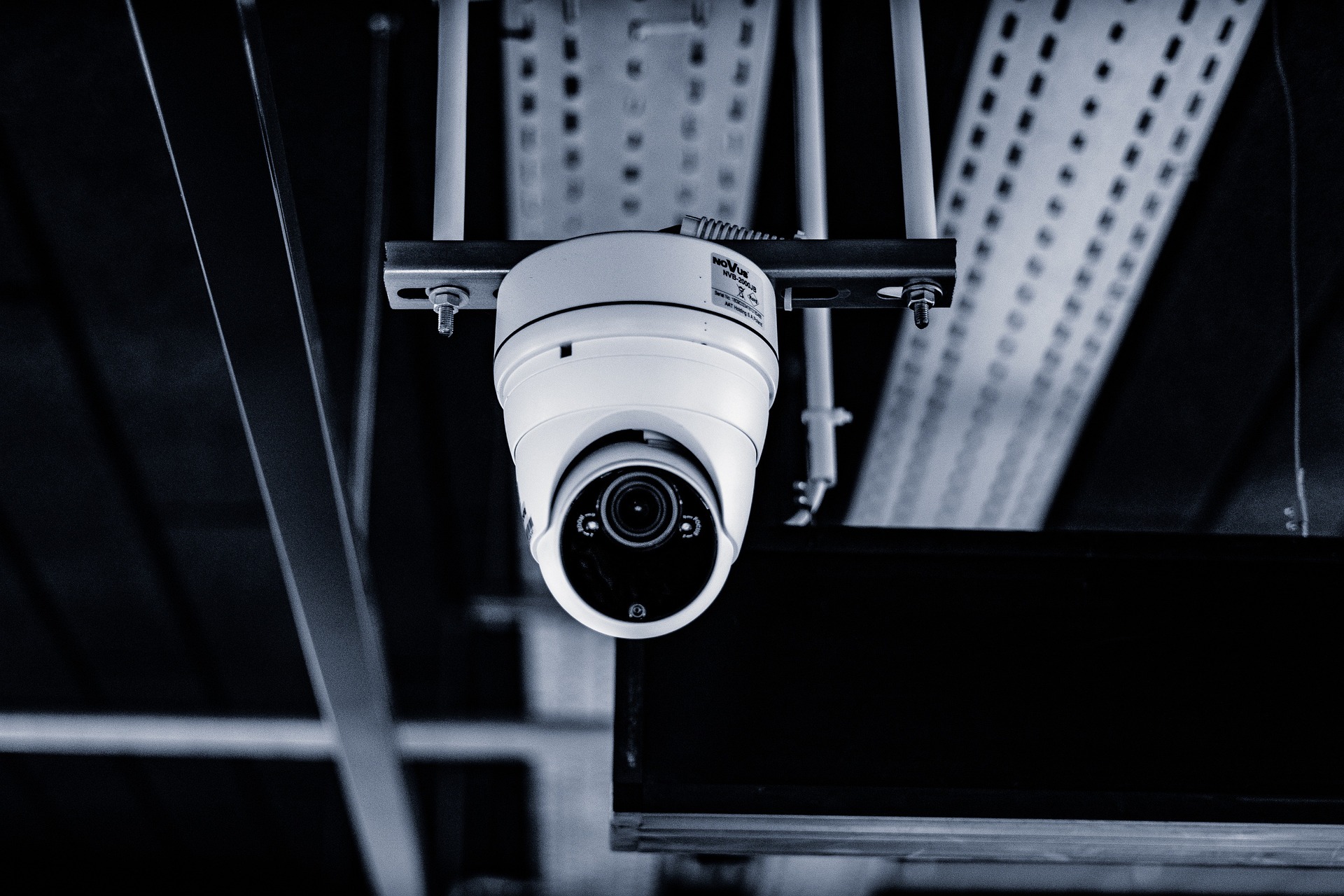Fleet Dash Camera Technology for Commercial Vehicle Safety
Dash cam options for vehicles help record journeys and provide a reliable way to review driving moments. Exploring different models, features, and installation choices allows drivers to select a device that fits their vehicle and supports safe, informed use on the road.

Modern fleet management requires comprehensive safety solutions that protect both drivers and business assets. Commercial vehicle operators increasingly rely on advanced recording technology to monitor road conditions, document incidents, and maintain accountability across their operations. These systems have evolved from basic recording devices to sophisticated safety platforms that integrate with fleet management software.
Professional Dash Cam Installation Services for Commercial Fleets
Proper installation of recording equipment in commercial vehicles requires technical expertise and understanding of fleet operations. Professional installation services ensure optimal camera positioning, secure wiring, and integration with existing vehicle systems. Certified technicians typically mount cameras to minimize driver distraction while maximizing coverage of critical areas around the vehicle. Many installation providers offer fleet-wide deployment services, allowing businesses to equip multiple vehicles simultaneously with consistent setup standards.
Installation services often include initial system configuration, driver training, and ongoing technical support. Professional installers understand commercial vehicle regulations and ensure compliance with Department of Transportation requirements. They also provide guidance on optimal camera placement for different vehicle types, from delivery trucks to long-haul trailers.
Advanced Dash Cam with Night Vision Capabilities
Night vision technology has become crucial for commercial vehicles operating during low-light conditions. Modern systems utilize infrared sensors and enhanced image processing to capture clear footage in darkness, dawn, and dusk conditions. These capabilities prove particularly valuable for delivery vehicles, emergency services, and transportation companies with round-the-clock operations.
Infrared night vision systems can illuminate areas up to 30 feet ahead of the vehicle without visible light emission. Some advanced models combine infrared technology with low-light sensors to automatically adjust recording settings based on ambient conditions. This ensures consistent video quality regardless of lighting conditions, providing reliable evidence during nighttime incidents.
High-Resolution 4K Dash Cam for Vehicles Technology
4K recording technology delivers exceptional video clarity that captures fine details crucial for incident analysis. Ultra-high-definition recording provides clear license plate visibility, facial recognition capabilities, and detailed road condition documentation. Commercial fleet operators benefit from this enhanced clarity when reviewing driver performance or investigating insurance claims.
Modern 4K systems compress video files efficiently to manage storage requirements while maintaining image quality. Many units feature dual-channel recording, capturing both forward road view and driver cabin simultaneously. Advanced models include GPS tracking, speed monitoring, and g-force sensors that automatically save footage during sudden acceleration, braking, or impact events.
Fleet Management Integration and Monitoring Features
Contemporary dash camera systems integrate seamlessly with fleet management platforms, providing real-time monitoring capabilities and automated reporting features. These integrated solutions allow fleet managers to access live video feeds, receive instant alerts for driving violations, and generate comprehensive safety reports. Cloud-based storage systems enable remote access to footage from any location.
Integration features include driver behavior scoring, route optimization data, and maintenance scheduling based on vehicle usage patterns. Some systems provide two-way communication capabilities, allowing fleet managers to communicate directly with drivers through the dash camera interface. Advanced analytics can identify patterns in driver behavior and suggest targeted training programs.
Cost Analysis and Provider Comparison
Fleet dash camera systems vary significantly in price based on features, installation requirements, and ongoing service costs. Basic single-channel systems typically range from $150 to $400 per vehicle, while advanced dual-channel 4K systems with night vision can cost $500 to $1,200 per unit. Professional installation services generally add $100 to $300 per vehicle depending on complexity.
| System Type | Provider Examples | Key Features | Cost Estimation |
|---|---|---|---|
| Basic Fleet Cam | Garmin, Nextbase | Single channel, HD recording | $200-$400 |
| Advanced 4K System | BlackVue, Thinkware | Dual channel, night vision, GPS | $600-$1,000 |
| Professional Fleet Solution | Samsara, Verizon Connect | Cloud integration, real-time monitoring | $800-$1,500 |
| Commercial Grade System | Lytx, SmartDrive | AI analytics, driver coaching | $1,000-$2,000 |
Prices, rates, or cost estimates mentioned in this article are based on the latest available information but may change over time. Independent research is advised before making financial decisions.
Monthly service fees for cloud storage and fleet management features typically range from $20 to $50 per vehicle. Some providers offer volume discounts for larger fleets, potentially reducing per-unit costs by 15-25%. Installation costs may be reduced through bulk deployment contracts or by utilizing in-house technical staff for basic installations.
Regulatory Compliance and Legal Considerations
Commercial fleet operators must navigate various regulations regarding video recording in vehicles. Federal Motor Carrier Safety Administration guidelines permit dash camera use but require compliance with driver privacy regulations. Many states have specific laws governing audio recording capabilities and notification requirements for drivers and passengers.
Fleet operators should establish clear policies regarding video access, storage duration, and usage protocols. Legal experts recommend maintaining footage for minimum periods specified by insurance requirements while ensuring secure storage to protect sensitive information. Some jurisdictions require visible notifications that recording is in progress.
Fleet dash cameras represent a significant investment in commercial vehicle safety and operational efficiency. These systems provide valuable protection against fraudulent claims while encouraging safer driving practices among fleet personnel. When selecting appropriate technology, fleet operators should consider their specific operational requirements, budget constraints, and integration needs with existing management systems. Proper installation and ongoing maintenance ensure optimal performance and maximum return on investment for commercial vehicle safety initiatives.




